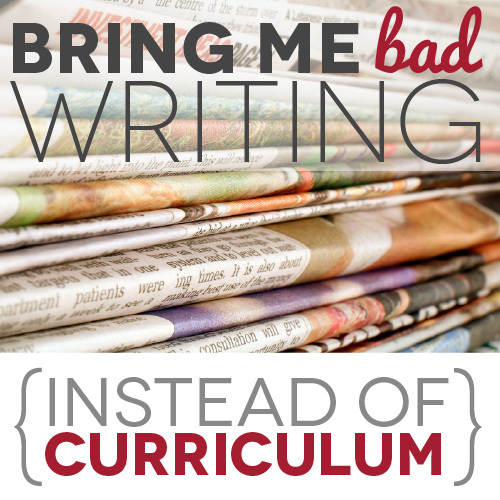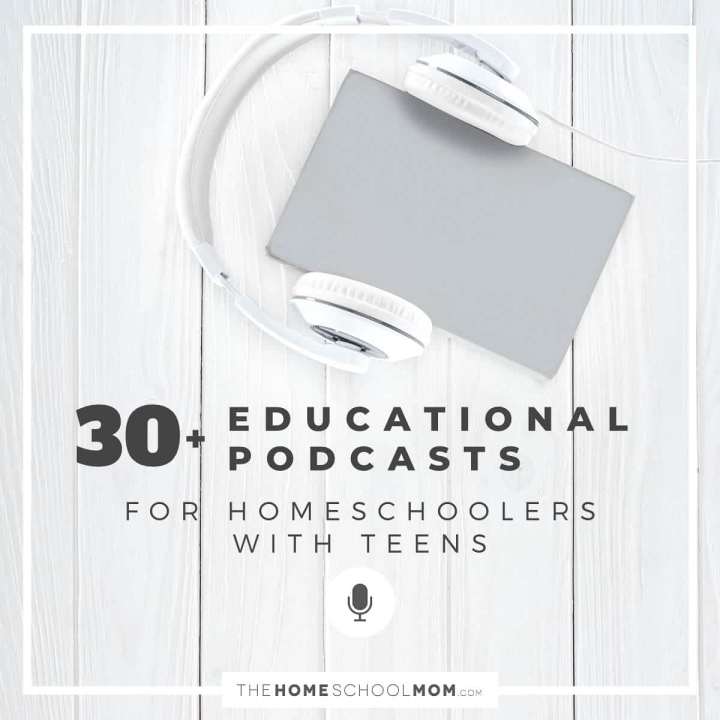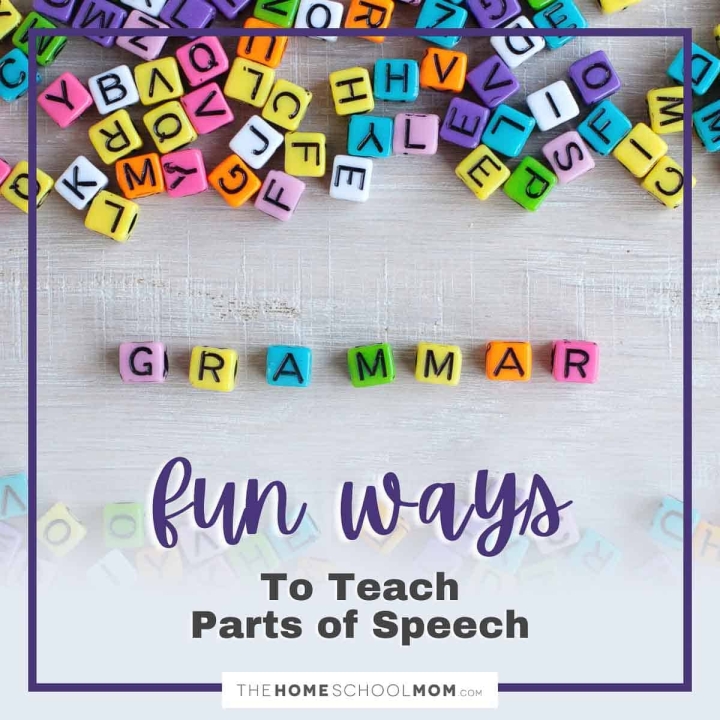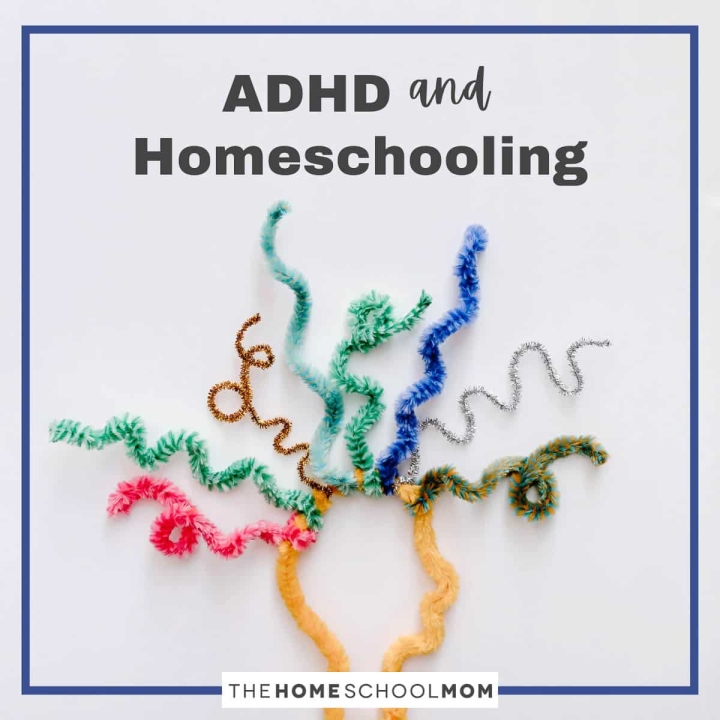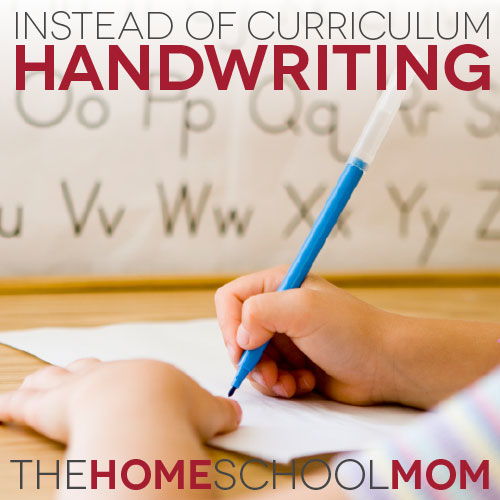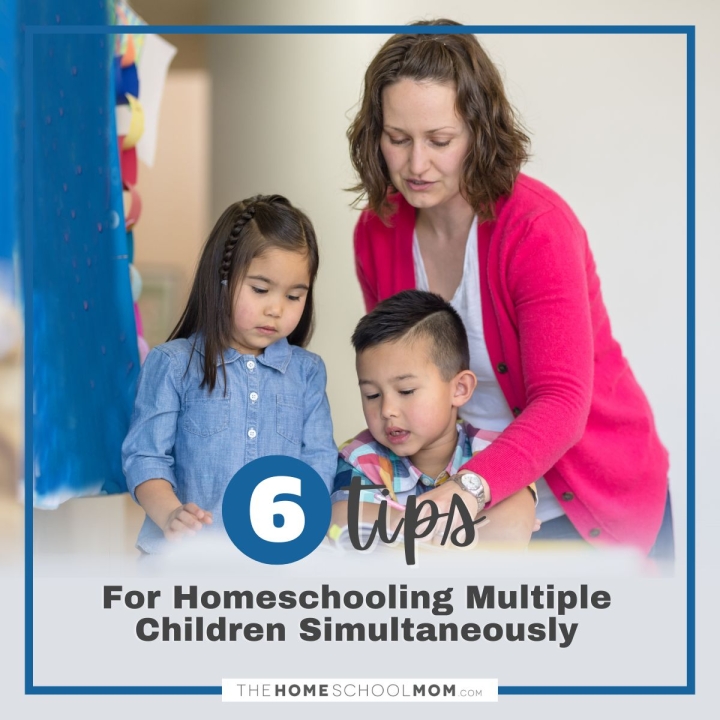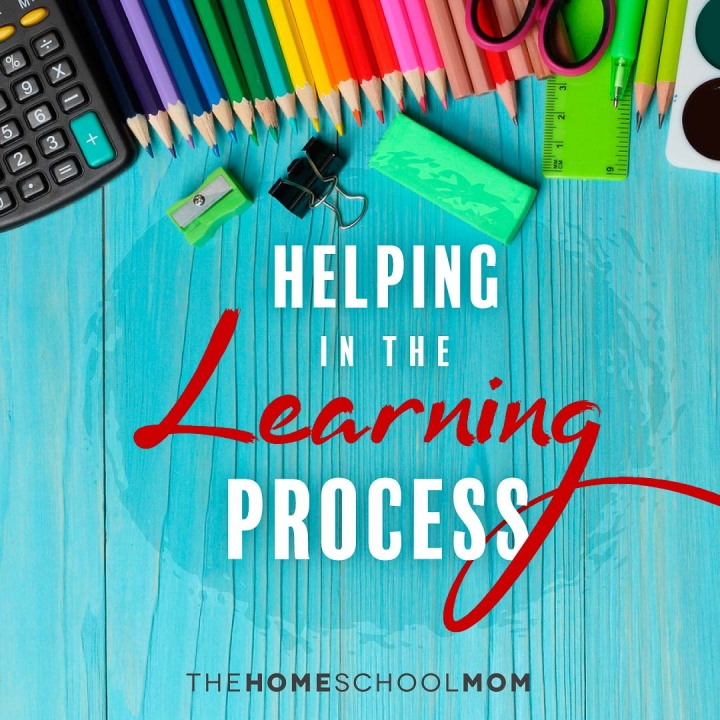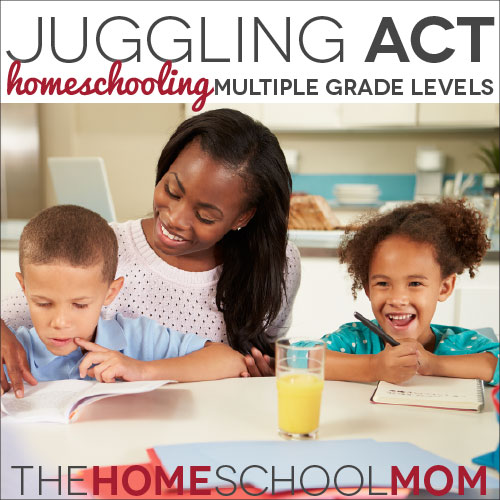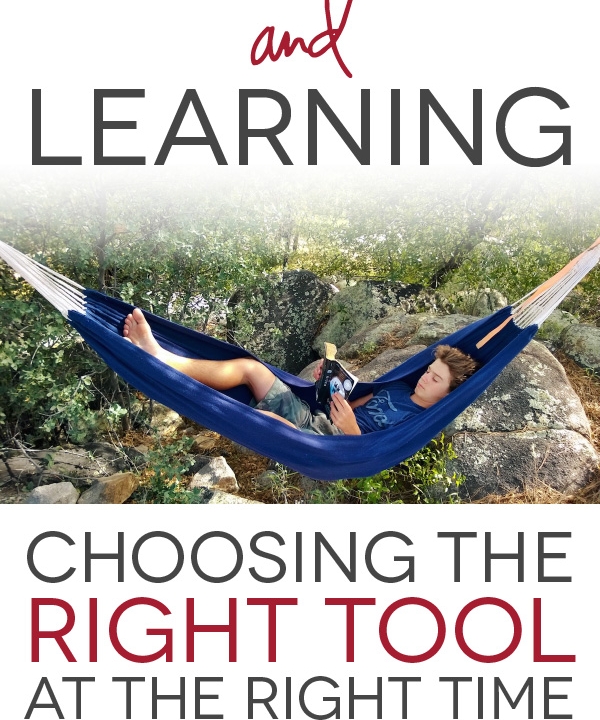Teaching Tips
-
Instead of Curriculum: Bring Me Bad Writing
-
English Composition for High School
-
Tips to Help Kids Enjoy Homeschool Field Trips
-
30+ Educational Podcasts for Homeschoolers with Teens
-
Fun Ways To Teach Parts of Speech
-
Year-Round Homeschooling: 5 Tips for a Successful Year
-
Timelines in the Homeschool
-
Goldilocks Effect: Learning When It's "Just Right"
-
Homeschooling and ADHD
-
Homeschooling Multiple Ages & Multiple Subjects
-
15 Fool-Proof Strategies For Homeschooling High-Energy Kids
-
The Alphabet Walk: Learning ABCs with Rocks and Trees
-
The Homeschool Parent-Teacher Conference
-
Challenging the Advanced Student
-
Benefits of Inquiry-Based Learning
-
Homeschooling With... Not Just Mom
-
Instead of Curriculum: Handwriting Practice
-
What To Do When Your Child Doesn't Get a Concept
-
Homeschool Reset with the "Let's" Effect
-
7 Simple Ways to Boost Your Child's Brain Power
-
6 Tips for Homeschooling Multiple Children Simultaneously
-
Creative Writing Using Story Enrichment Paper Chains
-
Helping in the Learning Process
-
Teaching Number Sequencing to a Struggling Right Brained-Learner
-
Juggling Act: Homeschooling Multiple Grade Levels
-
Technology and Learning



